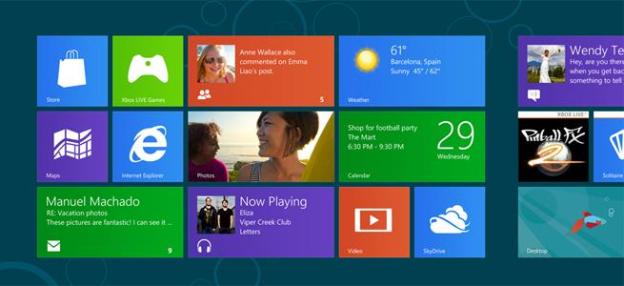
As detailed within Microsoft’s Building Windows 8 blog earlier today, the software company is giving up the “Windows Live” brand and looking to combine all Windows services into a single Microsoft account. Similar to Google’s approach of using a single Google+ login for a variety of Web services, Windows 8 users will use a Microsoft account to sign into a PC or tablet. The Microsoft account will also be used to check billing within the Windows 8 app store as well as Zune and Xbox LIVE services. Microsoft accounts won’t be tied into Hotmail and users are free to use any email address to activate a new Microsoft account. In addition, users will be able to create a list of trusted devices tied to the account.

Beyond simple branding, Microsoft is also pushing the cloud computing features that will be tied into a Microsoft account. According to Windows unit head Steven Sinofsky, he stated “When you connect a device or service to your Microsoft account, you’re automatically provisioned with a set of cloud services, including a contact list, calendar, inbox, instant messaging, and cloud storage. Of course these services connect to your PC and your Windows Phone, they’re accessible from any web browser, and they’re accessible to different apps if the developer of the app implements our API.“

Microsoft will also allow third party services such as Facebook, Twitter and LinkedIn to connect to the Microsoft account. Contacts within these services can be loaded into the People App, thus allowing a user to email a connection on their LinkedIn account or call up a Facebook friend, assuming that the Facebook contact has provided a phone number. Microsoft has opened up the Live software development kit for third parties to create their own Metro style applications that will tie into the Microsoft account. Microsoft plans to offer more details regarding the implementation of the Microsoft account in the coming weeks.
Editors' Recommendations
- Best Microsoft Office deals: Get Word, PowerPoint, and Excel for free
- The latest Windows update is breaking VPN connections
- Windows 11 might nag you about AI requirements soon
- Microsoft Word free trial: Get a month of service for free
- Save $150 on a lifetime license for Microsoft Office for PC


